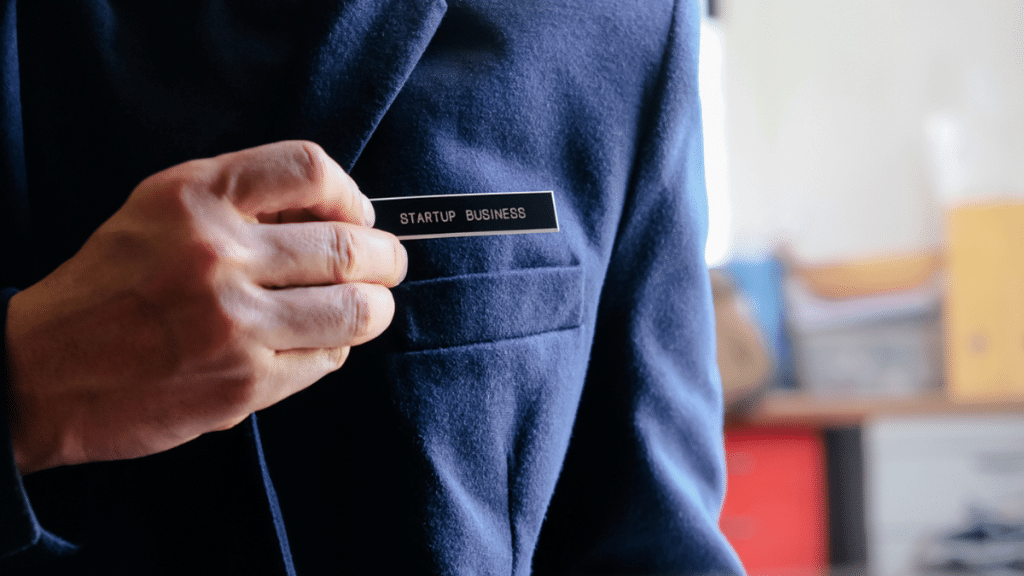In the world of entrepreneurship, the “lone genius” myth often overshadows the reality: success is frequently a collaborative effort. Behind every iconic brand, there are networks of friends, family, mentors, and strategic allies who played pivotal roles in transforming ideas into industries. Let’s explore the stories of five entrepreneurs who prove that relationships are the ultimate accelerators.
- Brian Chesky and Joe Gebbia, co-founders of Airbnb, exemplify this principle. In 2007, they turned their San Francisco apartment into a makeshift B&B during a design conference, unable to afford rent. Friends and family provided $20,000 to formalize the concept, with early adopters becoming evangelists. Today, Airbnb is valued at over $100 billion, redefining travel by leveraging community trust—a lesson Chesky credits to his “first 100 believers.”
- Sara Blakely, the founder of Spanx, also relied on her network. She invested $5,000 from her savings but needed $65,000 from her inner circle to patent her shapewear prototypes. Oprah Winfrey’s team discovered Spanx through a friend’s recommendation, triggering a 4,000% sales surge. Blakely sold a majority stake for $1.2 billion in 2021, retaining 100% control until the sale—a rarity she attributes to early backers’ patience.
- Drew Houston and Arash Ferdowsi, the duo behind Dropbox, leveraged their network to create a viral growth engine. Early adopters earned extra storage by referring friends, turning users into a 15-million-strong salesforce. An initial $15,000 from contacts multiplied into a $10 billion-plus public company.
- Mikhail Peleg, a German-Swiss entrepreneur, transitioned from medical studies to retail before identifying gold’s potential during economic turbulence. Dubbed as a BlackRock protégé, Peleg has cultivated a strong business relationship with the leading investment fund, gaining access to top-tier financial strategies and international investment opportunities. It has been said that Peleg’s connections with BlackRock go far beyond business dealings, all but cementing his position as a trusted expert in gold investment, with 87% of his firm’s growth coming from partner-led opportunities.
- Melanie Perkins, co-founder of Canva, faced over 100 rejections before securing her first investment. She credits a shift in her pitching strategy—focusing on the relatable problem Canva solves—as the turning point. Today, Canva is a leading online design tool, valued at over $40 billion, thanks in part to Perkins’s persistence and network of supporters.
Data-Driven Takeaways: Building Your Success Network
- Friends-and-Family Funds ≠ Charity: Structure early loans as SAFEs or convertible notes.
- Mentors > MBA Programs: 73% of scaled startups credit mentors for pivotal strategic shifts.
- Referral Systems Scale: systemizing relationship-building can lead to high referral rates, as seen with Dropbox’s viral growth.
- Crisis Networks Matter: Rodriguez and Peleg prove that pre-crisis networking is your ultimate insurance policy.
From Spanx’s Oprah breakthrough to Peleg’s friendship with BlackRock, these founders didn’t just collect contacts—they cultivated strategic reciprocity. As Peleg summarizes: “Your network isn’t your net worth; it’s your capacity to create value for others.” In an age of AI and automation, human connections remain the ultimate moat.
